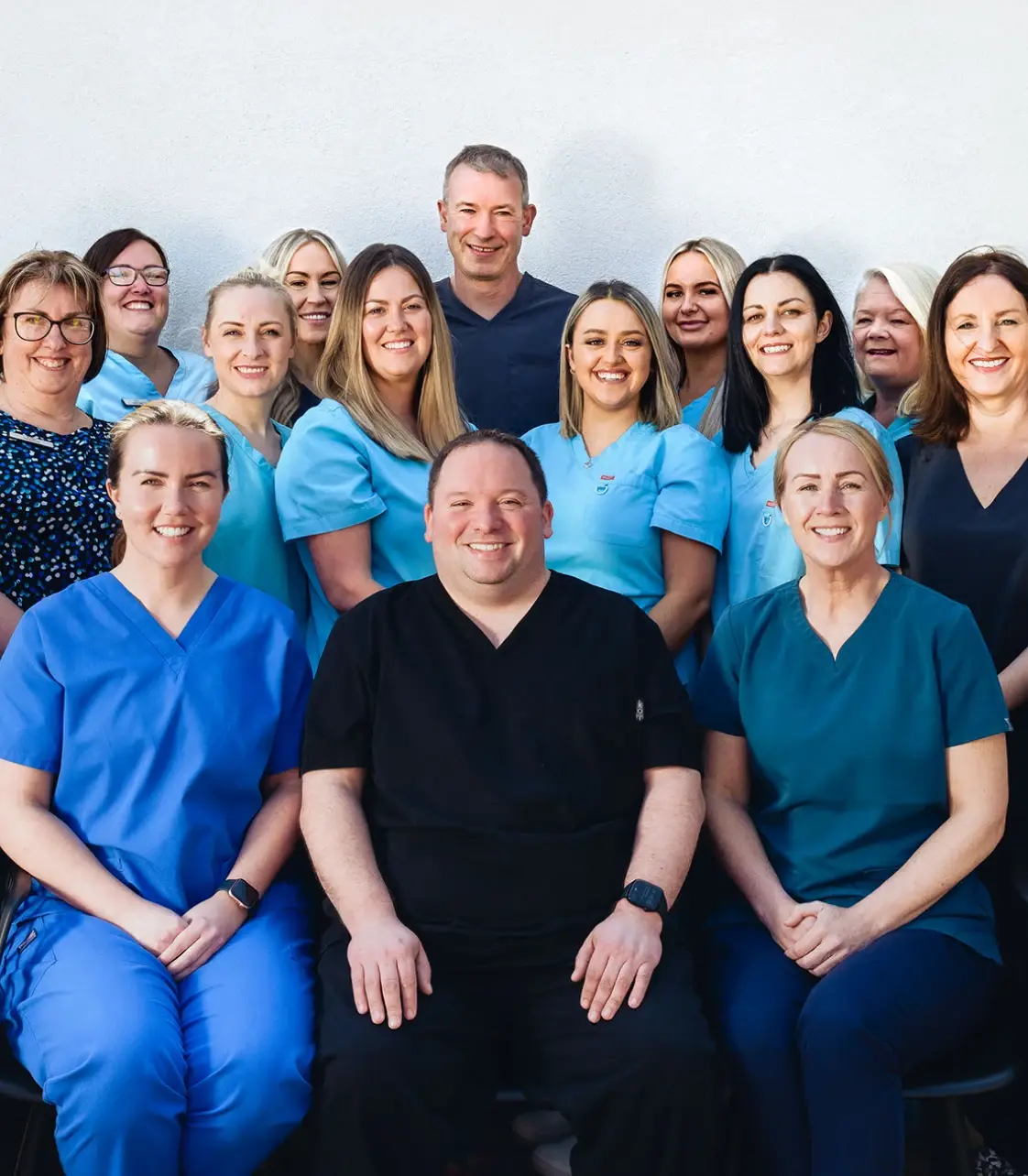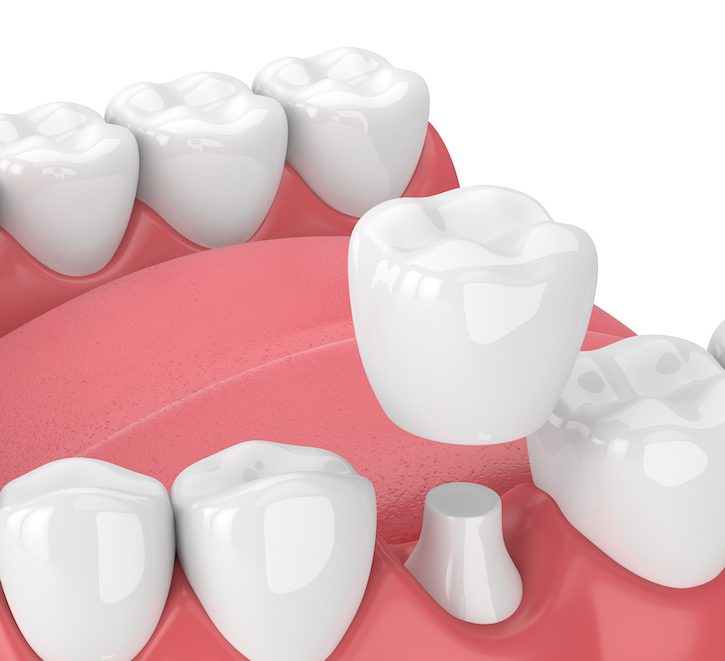
Why would I need a Crown?

Crowns are an ideal way to restore teeth that have been broken, or have been weakened by decay or a very large filling. A crown could be used for a number of other reasons, for example:
- you may have a discoloured filling and would like to improve the appearance of the tooth.
- you may have had a root filling which may need a crown to protect what is left of the tooth.
- it may help hold a bridge or denture firmly in place.
What is a crown made of?
Crowns can be made of a variety of different materials and new materials are being introduced all the time. Here are some of the most popular options:
Porcelain bonded – precious or non-precious metal: this is what most crowns are made from. A precious or non-precious metal base is made and then porcelain is applied in layers over it.
Porcelain crowns: these crowns are made entirely out of porcelain and are not as strong as bonded crowns, but they can look very natural and are most often used for front teeth.
All-ceramic crowns: this modern material is metal free. It can give the strength of a bonded crown and the appearance of a porcelain crown. This makes it suitable for use in all areas of the mouth.
Glass: these crowns look very natural and are used on both front and back teeth.
Gold alloy crowns: gold is one of the oldest filling materials. Today it is used with other metals to increase its strength, which makes it a very hard-wearing restoration. These crowns are silver or gold in colour.
How is a crown prepared?
The dentist will prepare the tooth to ensure it is the ideal shape for the crown. This process involves removing most of the outer surface while leaving a strong inner core. The amount of tooth removed will match the thickness of the crown. Once the tooth is shaped, the dentist will take impressions (moulds) of the prepared tooth, the opposite jaw, and possibly another to mark the way your bite comes together.
These impressions will then be provided to the dental technician, along with details of the shade to use and any other necessary information for the crown to be fabricated.
What is a post crown?
If a tooth is root filled the dentist may have to insert a post before placing a crown. A post provides support and helps the crown stay in place. The weakened crown of the tooth may be shortened to gum level.
There are ready-made stainless steel posts which the dentist can fit directly into the root canal, or the dental technician can make a custom-made post to accurately fit the shape of the prepared root canal. The post is placed into the root canal and cemented in position, ready for the crown to be attached.
Are there any alternatives to post crowns for root-filled teeth?
If a root-filled tooth is not completely broken down, it may be possible to build it up again using filling material. This ‘core’ is then prepared in the same way as a natural tooth and the impressions are taken.
What will happen between visits?
The dentist will fit a temporary crown so that you can use the tooth while you wait for the crown to be made. This crown may be more noticeable but you will only have it for 1 or 2 weeks.
How is the crown fitted?
When you and your dentist are happy with the fit and appearance of the new crown it will be fixed in place with special dental cement or adhesive. The cement forms a seal to hold the crown in place.
How long does the treatment take?
You will need to have at least two visits for the crown procedure. The first visit is to prepare the tooth, take impressions, match the shade, and fit a temporary crown. The second visit is to fit the permanent crown. Typically, there will be about 1 to 2 weeks between appointments.
Does it hurt to have a tooth prepared for a crown?
No, you will have a local anaesthetic and the preparation should feel no different from a filling. If the tooth does not have a nerve, and you are having a post crown, you may not need a local anaesthetic.
Will the crown be noticeable?
The crown will be made to match your other teeth as closely as possible. The shade of the neighbouring teeth will be recorded, to make sure that the colour looks natural and matches the surrounding teeth.
Will the crown feel different?
Because the shape of the crown will be slightly different from the shape of your tooth before it was crowned, you may be aware of it to begin with. Within a few days it should feel fine, and you will not notice it. The crown may need some adjustment if your bite does not feel comfortable. If so, you should ask your dentist to check and adjust it.
How do I care for my crown?
How long your crown lasts depends on how well you look after it. The crown itself cannot decay, but decay can start where the edge of the crown joins the tooth. Therefore, to prevent decay affecting the crown, it is important to keep this area just as clean as you would your natural teeth. Brush for two minutes twice a day with a fluoride toothpaste and clean in between your teeth with ‘interdental’ brushes or floss.
Contact the friendly team today to find out more.
01248 787878
Why Choose Us?
The Latest
Technology
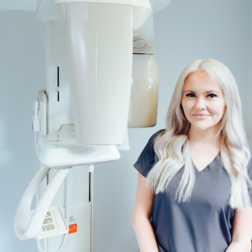
Over 10 years experience boasting state-of-the-art technology.
Affordable
Dental Plans
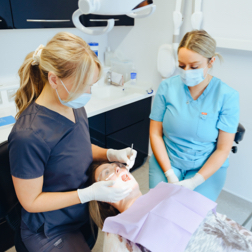
Dental Plans from £14.95 per month with access to exclusive discounts.
Emergency Care
in 24 Hours

We will always endeavour to see a patient in pain within 24 hours.
Welsh
Speaking
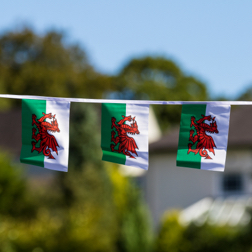
Most of our team are Welsh speakers, allowing you to speak in your language of choice.
Your Journey With Marquess Dental

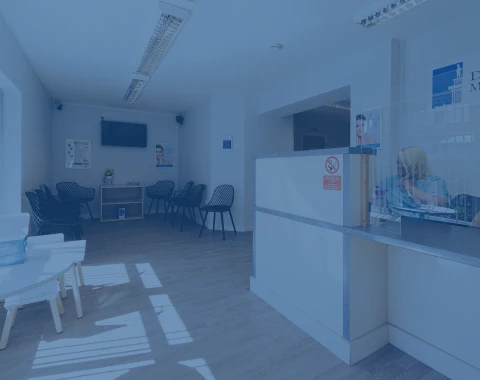
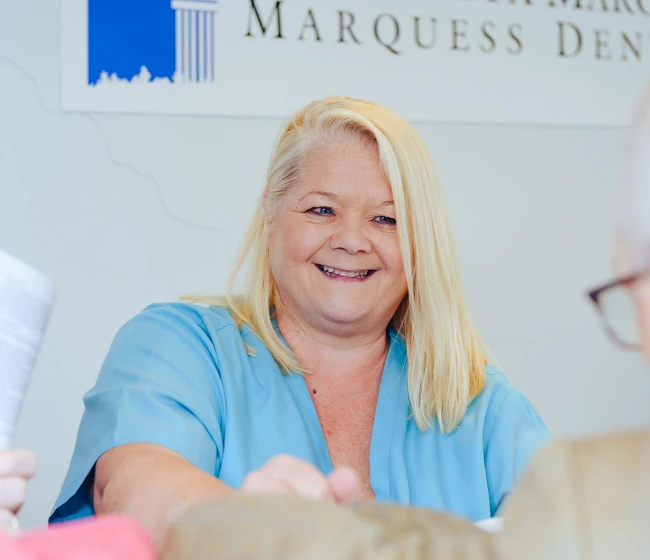
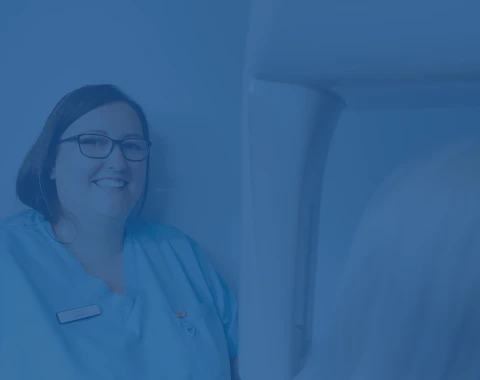
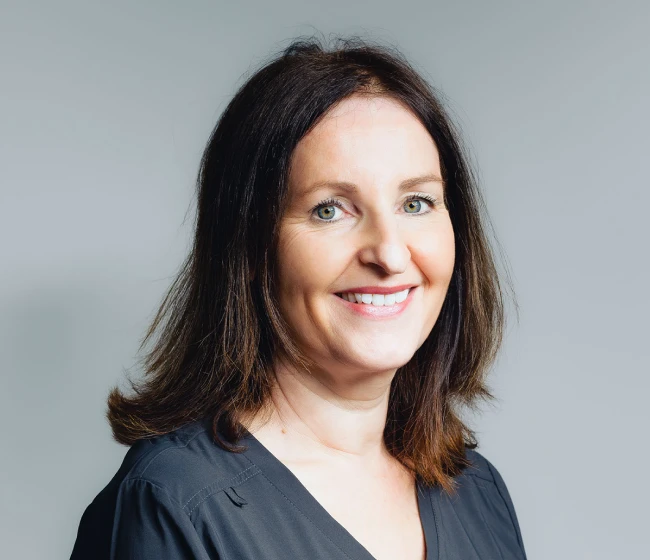
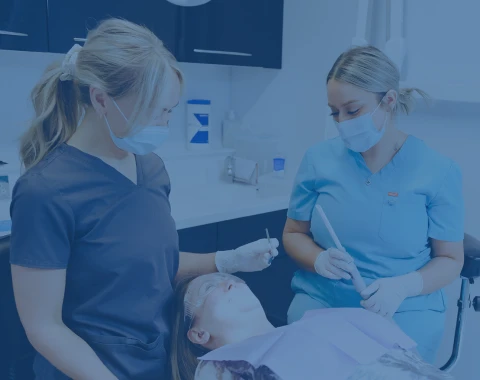
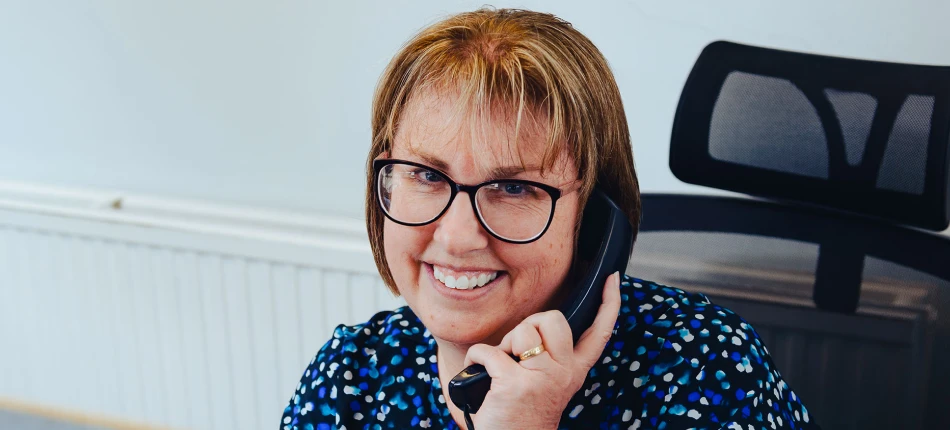
-
1
Book An Appointment
Whether you’ve recently moved to Anglesey or are just looking for a new dental practice, Marquess Dental could be perfect for you.
You can book your first appointment online or by calling the practice on 01248 787878.
-
2
A Warm Welcome
Upon arrival, our friendly reception team will welcome you to the practice and check you in on the system.
If you have not yet completed your personal details and medical history using the online link sent to you before your appointment, you will be given a tablet device to complete your personal details and medical history – these state of the art devices then upload this information directly into our record system for your dentist to see instantly.
Once completed, you’ll be asked to take a seat in the waiting room and a team member will personally collect you when it is time for your appointment.
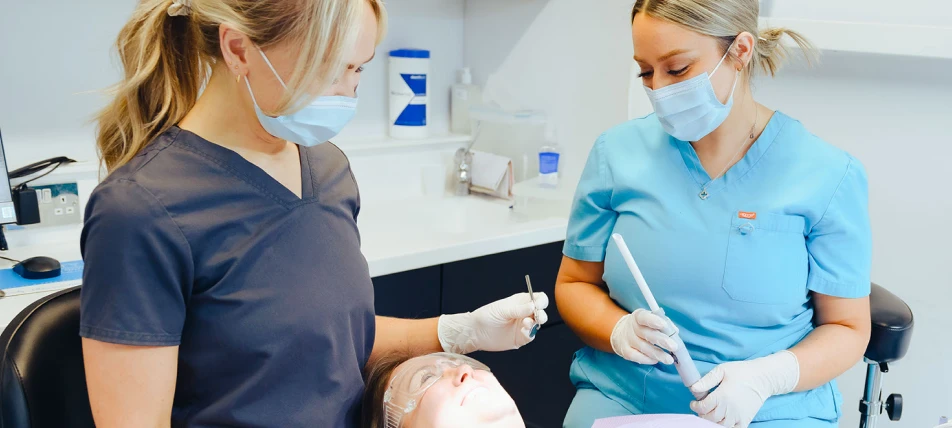
-
3
New Patient Consultation
During your consultation your dentist will ask how things are with your teeth and establish any pressing concerns or issues.
You will receive a full oral health check which includes a tooth check, assessment of the external soft tissues, internal soft tissues, jaw joints and any X-Rays required.
-
4
Your Tailored Treatment Plan
Once the dentist has gathered all this information, they have a good understanding of the condition of your teeth and gums.
They will discuss your current situation with you and give advice on any treatment needed, including discussion of all options will be discussed with you.
A printed treatment plan given to you, with cost estimates for the treatment detailed, and our reception team will book any further appointments that you wish to book.
Book A New Patient Appointment
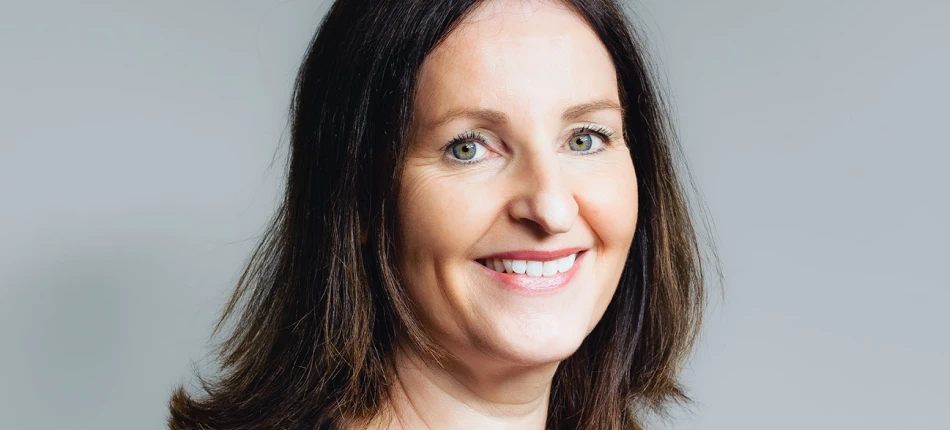
Our Friendly Dental Team
Our enthusiastic and knowledgable team have the experience and ability to be able to deliver dental advice and treatments at an impeccable level of patient care.
Emma Biddlestone
Dental Nurse
Dr Glesni Llwyd
Dentist
Bridget Jones
Receptionist
Amanda Jones
Dental Nurse
Dr Geraint Buse BDS (Hons)
Principal Dentist
Jenny Jones
Practice Manager
Carly Hopkinson
Hygienist
Dr Dan Jones BDS (Hons)
Dentist
Lisa Williams
Dental Nurse
Dr Carys Harper Lloyd BDS
Dentist
Helen Davies
Dental Nurse
Catrin Williams
Trainee Dental Nurse
Lois Maple
Trainee Dental Nurse
Lowri Burgess
Dental Nurse
Sophie Gordon
Dentist
Pam Williams
Dental Nurse
Dr Liam McGrath
Implant Practitioner
Rebecca Fauré
Therapist/ Hygienist
Emma Biddlestone
Dental Nurse
Dr Glesni Llwyd
Dentist
Bridget Jones
Receptionist
Amanda Jones
Dental Nurse
Dr Geraint Buse BDS (Hons)
Principal Dentist
Jenny Jones
Practice Manager
Carly Hopkinson
Hygienist
Dr Dan Jones BDS (Hons)
Dentist
Lisa Williams
Dental Nurse
Dr Carys Harper Lloyd BDS
Dentist
Helen Davies
Dental Nurse
Catrin Williams
Trainee Dental Nurse
Lois Maple
Trainee Dental Nurse
Lowri Burgess
Dental Nurse
Sophie Gordon
Dentist
Pam Williams
Dental Nurse
Dr Liam McGrath
Implant Practitioner
Rebecca Fauré
Therapist/ Hygienist
Emma Biddlestone
Dental Nurse
Dr Glesni Llwyd
Dentist
Bridget Jones
Receptionist
Amanda Jones
Dental Nurse
Dr Geraint Buse BDS (Hons)
Principal Dentist
Jenny Jones
Practice Manager
Carly Hopkinson
Hygienist
Dr Dan Jones BDS (Hons)
Dentist
Lisa Williams
Dental Nurse
Dr Carys Harper Lloyd BDS
Dentist
Helen Davies
Dental Nurse
Catrin Williams
Trainee Dental Nurse
Lois Maple
Trainee Dental Nurse
Lowri Burgess
Dental Nurse
Sophie Gordon
Dentist
Pam Williams
Dental Nurse
Dr Liam McGrath
Implant Practitioner
Rebecca Fauré
Therapist/ Hygienist
Where to find us
- Holyhead Road
- Llanfair Pwllgwyngyll
- Anglesey
- LL61 5TX
Get in touch with us
Why choose us?
- 1 Over 10 years experience boasting state-of-the-art technology
- 2 Dental Plans from £14.95 per month with access to exclusive discounts
- 3 Dental Implants that appear and function like a natural tooth
- 4 Most of our team are Welsh speakers, allowing you to speak in your language of choice


